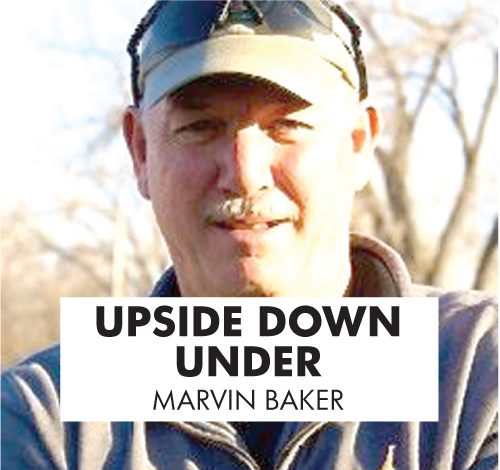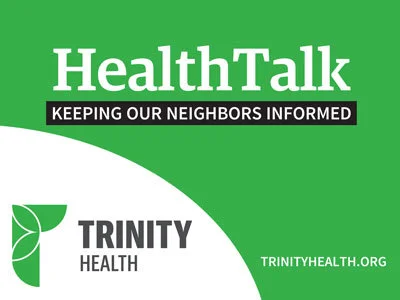There was a report in North Dakota newspapers a couple of weeks ago regarding the closure of a Crosby grocery store. For months there were efforts to save it, but the closure happened and forced the shuttering of several other Jason’s Super Foods stores on the northern tier.
Crosby is a community of more than 1,000 people and is the Divide County seat. The residents are now faced with having to travel if they want to visit a bonafide grocery store. Crosby has a Dollar General and another business called the Depot, but neither can replace the grocery store, which was once a Super Valu retailer.
Given Crosby’s location in the extreme northwest corner of the state, residents in Divide and part of Burke County now have to travel to get their groceries.
Estevan is the closest principal community to Crosby which is 32 miles north and in Canada. American shoppers could get most supplies there, but there are some restrictions such as meat and produce.
Williston is 68 miles southwest of Crosby. It has several grocery stores, so nearly all needs can be met, with the downside of having to be on the road for two hours.
Minot is roughly 125 miles southeast of Crosby. Most people who live in Crosby and Divide County say they travel to Minot, but it’s not something they do or want to do on a weekly basis.
Other communities nearby include Tioga, Stanley and Westby, Mont., but every one of them translates to travel.
A situation like this really effects the elderly who either no longer drive or prefer not to drive. Instead of getting in the car and driving a few blocks, it’s now up to two hours plus on the highway.
This is happening all too often across North Dakota and unfortunately follows what happened to numerous schools across the state.
Food deserts have been talked about for years. A task force was developed to address food deserts, but closures continue to happen for whatever reason. Bill Patrie of Bowdon, wrote a book about food deserts several years ago that opened a lot of eyes to this reality.
No community with more than 1,000 people should be without a grocery store. Some of us have the means and the time to travel. Others don’t. And no matter what community you live in from Crosby to Fargo, there is a percentage of people who are elderly, disabled or otherwise unable to travel without assistance.
There are solutions, but they aren’t easy and they don’t come cheap.
One example is to find a buyer who can get the retail business back on the road to recovery. As an example, ownership of Kenmare Jack & Jill purchased Jason’s Super Foods in Mohall to keep it open so Renville County would have a grocery store.
Private ownership is a possibility, but a lot of interested parties have little experience in retail and often struggle with success.
Sometimes local economic development groups will get involved to save the hometown grocer. Two cases in North Dakota that come to mind are in Wimbledon and Hazelton. Local grocery stores were saved thanks to an influx of community development dollars.
These stores often partner with others in the region to make larger buys as a way to help shoppers save some money.
The situation in Rothsay, Minn., is completely different. Even though it is close to Fergus Falls and Moorhead, when the local grocery store was in jeopardy, local high school students stepped in and now operate the town’s only grocer.
It may be unique and it’s unclear where the financing is coming from, but it appears to be working.
Finally, there are local farmers’ markets. They can help fill a void, but aren’t open every day and most items are seasonal. They do help, but can’t replace a grocery store.













